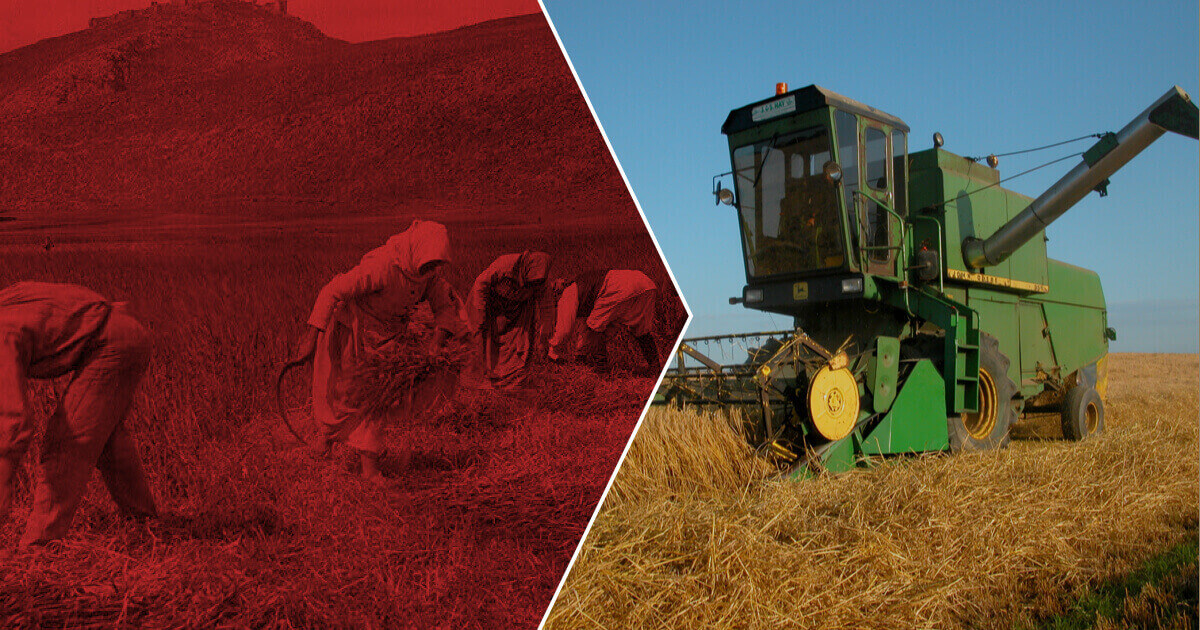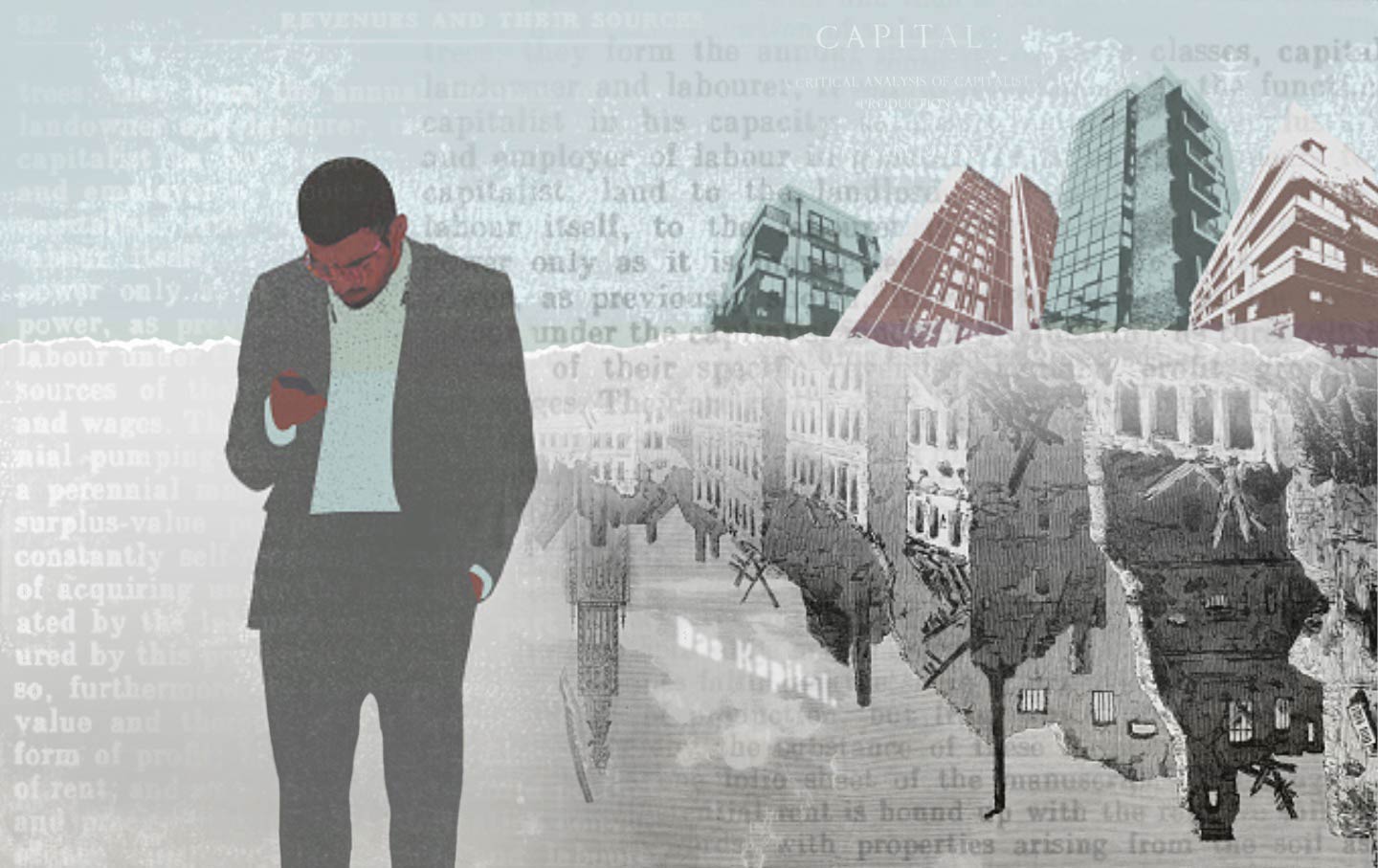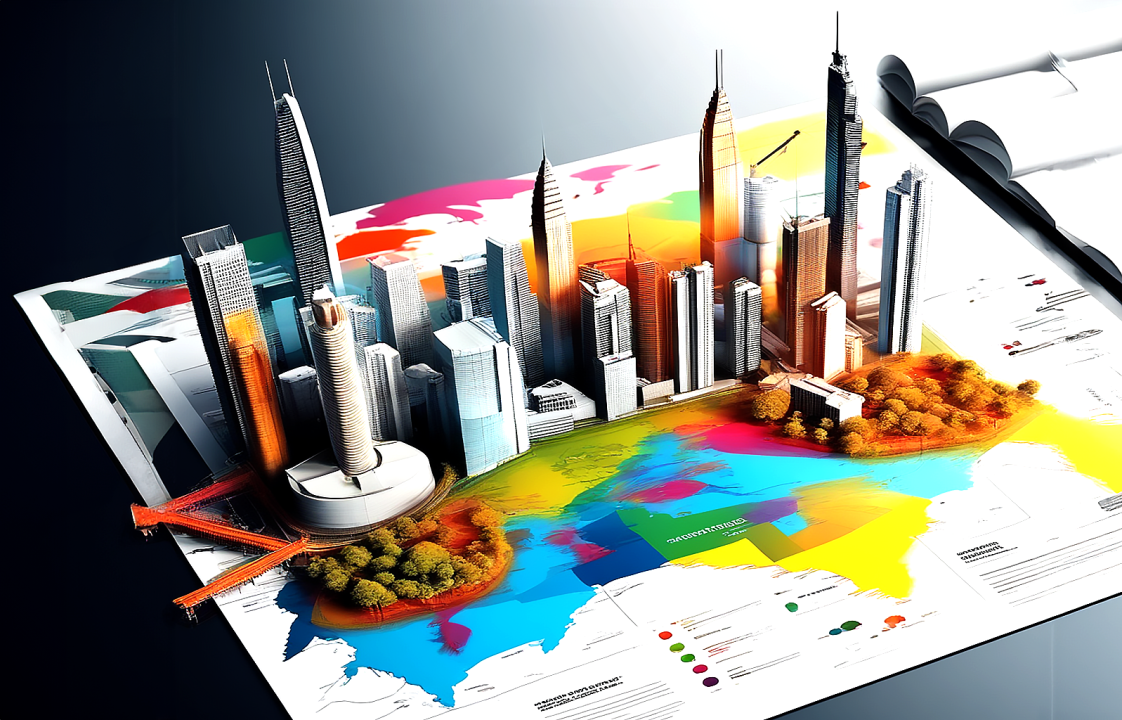The concept of forces of production plays a crucial role in understanding the development and transformation of societies. These forces, which include natural resources, labor, and technology, form the backbone of economic systems and shape the structure of production relations.
As society continues to evolve-especially in the context of globalization and technological advancements-understanding the dynamics of forces of production becomes essential for analyzing both economic growth and social change. This article explores the various components, impacts, and historical development of forces of production in today’s world.
Introduction
The forces of production are central to understanding the way societies develop and transform over time. They encompass the essential resources, labor, and technologies used in the production of goods, forming the foundation of any economic system. As technological advancements and globalization reshape the world, the forces of production continue to evolve, influencing not only the economy but also social structures and relations. Analyzing these forces is key to understanding historical progress and predicting future developments in social and economic systems.

Key components of forces of production
The forces of production consist of three essential components: natural resources, labor, and technology.
Natural resources provide the basic raw materials necessary for production, such as minerals, water, and energy.
Labor refers to the human effort involved in transforming these materials into goods and services, including both physical and intellectual work.
Technology is the application of knowledge and tools that enhance production efficiency, ranging from simple tools to advanced automation and artificial intelligence.
These elements work together to drive economic activity and shape social relations. As the forces of production evolve, they lead to changes in economic systems, labor markets, and societal structures.
Balancing forces of production and sustainable development
The relationship between forces of production and sustainable development is crucial in today’s context. As societies aim for economic growth, the exploitation of natural resources, the advancement of technology, and the demand for labor often result in environmental degradation.
Sustainable development requires a balance between these forces, ensuring that technological progress and economic activities do not compromise environmental health or exhaust natural resources. By rethinking the forces of production, societies can adopt eco-friendly technologies, promote renewable energy, and support labor practices that prioritize long-term sustainability.
This alignment is essential for achieving both economic prosperity and ecological balance, making forces of production a key element in discussions about a sustainable future.
Impact of forces of production on relations of production
The forces of production play a significant role in shaping the relations of production, which govern the organization of labor and the distribution of goods within a society. As advancements in technology and shifts in resource availability occur, they can lead to transformations in these relations.
For instance, the rise of industrialization changed the dynamics between capitalists and workers, creating a class struggle that influenced labor rights and economic policies. Understanding this impact is crucial for analyzing how economic systems evolve and how social classes interact over time.

History and evolution of forces of production
The forces of production have evolved dramatically from ancient times to the present, reflecting the complexities of human development and economic systems. In prehistoric societies, the primary means of production consisted of simple tools and communal farming, relying on manual labor to meet basic needs.
With the Agricultural Revolution, innovations in farming techniques and tools led to surplus production, enabling the rise of settled communities, trade, and early forms of social organization. The transition to industrialization in the 18th and 19th centuries brought profound changes as mechanization and factories emerged, significantly increasing productivity and altering labor dynamics. This period saw the establishment of a capitalist class that owned production means, leading to new social structures and class struggles.
In the 20th century, technological advancements such as electricity, telecommunications, and automation transformed the forces of production further, paving the way for globalization and the information age. Today, the rise of digital technologies, artificial intelligence, and global supply chains continues to reshape these forces, influencing not only economic relations but also societal norms and individual livelihoods. Understanding this historical evolution is essential for comprehending current economic dynamics and the future trajectory of labor and production in our interconnected world.
Globalization and its impact on forces of production
Globalization has significantly influenced the forces of production, reshaping how goods are produced, distributed, and consumed worldwide. The integration of global markets has led to increased competition, prompting advancements in technology and production methods. As businesses seek efficiency, they often relocate production to countries with lower labor costs, which can enhance productivity but may also lead to labor exploitation and environmental concerns.
Furthermore, globalization fosters knowledge transfer and innovation, allowing nations to adopt advanced technologies that enhance their productive capacities and economic growth. Understanding these dynamics is crucial for analyzing contemporary economic relationships and their societal implications.

The role of production in social movements
Production plays a crucial role in shaping social movements, as the organization and means of production often influence class dynamics and power relations within society. Changes in the forces of production can lead to shifts in social structures, generating conflict between classes.
For example, as industrialization transformed labor relations, it sparked the rise of labor movements advocating for workers’ rights. Similarly, contemporary social movements addressing economic inequality often focus on production methods, urging for sustainable practices and equitable resource distribution. Understanding this relationship is essential for analyzing the motivations and goals of various social movements throughout history.
In conclusion, the interplay between production and social movements highlights the significant influence of economic structures on societal change. As the forces of production evolve, they reshape social relations and empower communities to advocate for their rights. Understanding this connection is vital for grasping the dynamics behind various social movements, as well as their goals and impact on society. Recognizing the role of production not only informs our understanding of past struggles but also offers insights into contemporary issues surrounding equity, sustainability, and social justice.
